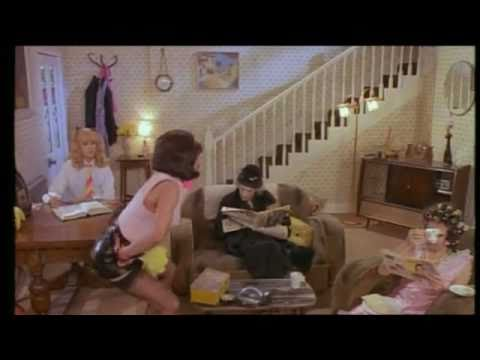Answer to Question 1
Although there are plenty of opportunities to infer or use circumstantial evidence against the accused, there are also specific time in which the jury is instructed otherwise. Stipulations are mutual agreements between opposing counsels regarding specific facts of the case, although the stipulation of a fact is often more advantageous to one side and can be rejected by the opposing side. A presumption is a conclusion that is required by law, based on logic, and when presented by the prosecution must be established beyond reasonable doubt. Presumptions can be conclusive or rebuttable. The final type of jury instruction is a judicial notice. A judicial notice in which the judge makes a determination of fact without the formality of examination by a jury. Judicial notices can be legislative facts or adjudicative facts.
Answer to Question 2
The Court has ruled that some statements are admissible as exceptions to the hearsay rule because the witness is unavailable. Although these are a direct exception to the confrontation clause, it was determined that in certain situations statements may be introduced if said statements possess an indicia of reliability. Four such means of witness unavailability include: former testimony, dying declarations, declarations against interest, and statements of personal or family history. Under FRE 804(a), a declarant is considered unavailable when he or she: 1 . is exempted by ruling of the court on the ground of privilege from testifying concerning the subject matter of the declarant's statement; or 2 . persists in refusing to testify concerning the subject matter of the declarant's statement despite an order of the court to do so; or 3 . testifies to a lack of memory of the subject matter of the declarant's statement; or 4 . is unable to be present or to testify at the hearing because of death or then existing physical or mental illness or infirmity; or 5 . is absent from the hearing and the proponent of a statement has been unable to procure the declarant's attendance (or in the case of a hearsay exception under subdivision (b)(2), (3), or (4), the declarant's attendance or testimony) by process or other reasonable means.
Example of a case will vary.







